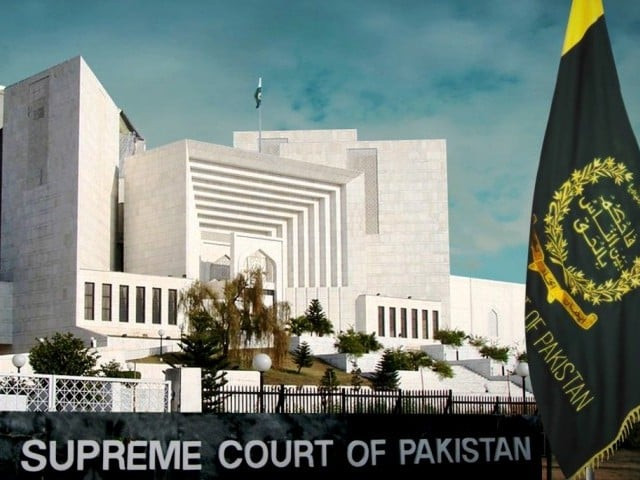SC offers guidelines for defamation cases
Notes that damages for are purely compensatory to vindicate honour of sufferer

The top court has given guidelines to the trial courts for determining the quantum of damages in special defamation cases.
“Once it is determined that a person has suffered mental shock and injury and is entitled to compensation on account of such defamatory statements, then the other important and more difficult question which arises is to weigh the quantum of damages for such loss caused to him.
“The burden in such a situation, like in all cases, is on the shoulder of the plaintiff to prove the magnitude of such suffering. But again since such suffering could not be converted or gauged in monetary terms, the court has to apply the rule of thumb,” said an 8-page order authored by Justice Sajjad Ali Shah.
A lower court had imposed a fine of Rs15 million on the chief editor and the editor of a local newspaper on account of publishing a news item containing certain allegations against the petitioner while hearing a suit filed under Section 3(2) of “the Ordinance”.
The respondent later challenged the verdict in a high court which upheld the lower court’s order.
Later, the respondents moved the Supreme Court whose three-judge bench also including Justice Umar Ata Bandial and Justice Sayyad Mazahar Ali Naqvi heard the matter. The SC said general damages normally pertain to mental torture and agony sustained through derogatory/defamatory statements.
“Since there is no yardstick to gauge such damages in monetary terms, therefore, while assessing damages on account of such inconvenience, the courts apply a rule of thumb by exercising its inherent jurisdiction for granting general damages on a case to case basis,” it added.
The court said the other aspect which needs to be kept in mind by the courts while awarding general damages on account of mental torture/nervous shock is that the damages for such suffering are purely compensatory to vindicate the honour or esteem of the sufferer.
“Therefore such damage should not be exemplary or punitive as the sufferer should not be allowed to make profit out of his reputation,” it added. The court also said special damages are defined as the actual but not necessarily the result of the injury complained of.
“While awarding special damages, it is to be kept in mind that the person claiming special damages has to prove each item of loss with reference to the evidence brought on record.
“This may also include out-of-pocket expenses and loss of earnings incurred down to the date of trial, and is generally capable of substantially exact calculation.”
The SC said in cases where the defendants are declared ex parte, courts are not supposed to only pass ex parte decree in favour of the plaintiff by assessing his claim in toto, but are saddled with the duty to examine the worth/credence of each piece/item of plaintiff’s claim before accepting or rejecting it.
“However, in the instant case the courts have miserably failed to examine that the respondent has totally failed to adduce any evidence, either oral or documentary, in support of his claim that he has actually sustained bodily injury or any set back to his career, therefore, the hefty special damages granted without application of judicial mind could not be sustained.”
The SC noted that the trial court has not given its findings on any of the aspects involved in the instant case nor adopted any criteria to gauge the damages claimed.
“The court has failed to judicially exercise its discretion while passing the ex parte decree and has granted the damages in a mechanical fashion without examining the legality or worth of the respondent’s claim.”
It said the apex court found that the respondent was entitled to an ex parte decree but is of the considered view that such decree could not be sustained, as passed without application of mind and being violative of the basic principles of exercising judicial powers.
The order said the respondent has proved that the petitioners being originators had published an article which of course was defamatory and had caused inconvenience and mental torture/agony to the respondent and.
“Therefore, the respondent under the law is entitled not only to minimum damages in the sum of Rs300,000 but also an apology in the similar manner and with the same prominence as the defamatory statement was published in terms of Section 9 of the Ordinance.
“In the circumstances, instead of remanding the matter, we modify the decree and award monetary compensation of Rs300,000 only to the respondent which shall be recovered jointly and severally from the petitioners. This petition is converted into appeal and is allowed partially,” said the order.



















COMMENTS
Comments are moderated and generally will be posted if they are on-topic and not abusive.
For more information, please see our Comments FAQ